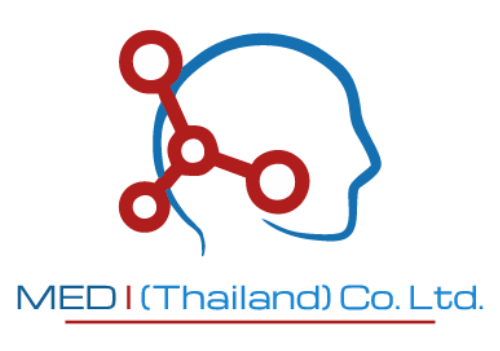Radiopharmaceutical labs are specialized facilities that handle radioactive materials for medical use, primarily in diagnostics and treatment. Due to the hazardous nature of these substances, strict safety standards are implemented to protect workers, the public, and the environment.
Today, we will explore the key safety standards required for radiopharmaceutical laboratories, the international and local regulations that govern them, and the critical elements involved in ensuring compliance.
Understanding Radiopharmaceuticals
Radiopharmaceuticals are radioactive compounds used in nuclear medicine. They are commonly used in imaging procedures such as PET and SPECT scans and sometimes in therapeutic applications to treat diseases like cancer. The production, handling, and disposal of these materials must follow strict protocols to prevent radiation exposure and contamination.
Why Safety Standards Matter?
Radiopharmaceutical labs deal with materials that emit ionizing radiation, which can pose serious health risks if not managed properly. Exposure to radiation can lead to acute health issues, long-term conditions such as cancer, and environmental contamination. Therefore, strict safety standards are not just a regulatory requirement—they are essential for protecting human life and the planet.
International Safety Guidelines
Several global organizations set the foundation for safety standards in radiopharmaceutical labs:
1. IAEA (International Atomic Energy Agency)
The IAEA provides detailed safety guides and recommendations for handling radioactive materials. Their General Safety Requirements (GSR) and Specific Safety Guides (SSG) cover all aspects of nuclear safety.
2. WHO (World Health Organization)
The WHO works closely with the IAEA and provides additional guidance on safe practices in health-care settings that use radioactive materials.
3. ICRP (International Commission on Radiological Protection)
ICRP develops guidelines to ensure radiation protection, including dose limits and exposure controls for workers and the public.
Local Regulations and Licensing
In Thailand, for example, radiopharmaceutical labs are governed by:
- Office of Atoms for Peace (OAP) – The national regulatory body for atomic energy.
- Ministry of Public Health – Ensures medical and public health compliance.
Labs must obtain appropriate licenses for:
- The use of radioactive materials
- Facility design and layout
- Disposal of radioactive waste
Key Safety Standards and Practices
1. Facility Design
- Shielding: Walls, doors, and storage areas must be shielded using lead, concrete, or specialized materials to block radiation.
- Ventilation: Airflow must be controlled to prevent the spread of radioactive particles.
- Zoning: Labs are divided into controlled and supervised areas to limit access and monitor exposure.
2. Personal Protective Equipment (PPE)
- Lab personnel must wear protective clothing, gloves, face shields, and dosimeters.
- PPE must be regularly inspected and replaced to ensure effectiveness.
3. Radiation Monitoring
- Area Monitoring: Radiation levels must be continually monitored in all workspaces.
- Personnel Dosimetry: Workers must wear dosimeters to track individual exposure.
- Contamination Surveys: Regular checks ensure surfaces and equipment are free from radioactive contamination.
4. Standard Operating Procedures (SOPs)
- Every task involving radioactive material must follow documented SOPs.
- Procedures include handling, storage, transport, and disposal of radiopharmaceuticals.
- Emergency protocols must be in place for spills, exposure, or equipment failure.
5. Training and Certification
- All lab workers must receive specialized training in radiation safety.
- Refresher courses are required regularly to ensure up-to-date practices.
6. Radioactive Waste Management
- Waste must be segregated based on radioactivity and type.
- Temporary storage areas must be shielded and monitored.
- Disposal must follow national guidelines and be logged for inspection.
Audits and Inspections
To maintain licenses and safety compliance, radiopharmaceutical labs undergo regular inspections by regulatory bodies. These include:
- On-site visits
- Record audits
- Radiation surveys
Non-compliance can result in heavy penalties, loss of license, or operational shutdown.
Role of MEDI Thailand
At MEDI Thailand, we help clients meet and exceed these safety standards by offering:
- Expert facility planning and design
- Equipment procurement that meets international standards
- Ongoing maintenance and radiation safety consultation
- Staff training and SOP development
With decades of experience, our team ensures every lab project is safe, compliant, and future-ready.
Conclusion
So, what are the safety standards for radiopharmaceutical labs? They are a combination of international guidelines, national regulations, and best practices that cover everything from facility design to employee training. Adhering to these standards is essential to ensure the safe use of radiopharmaceuticals in modern medicine.
If you’re planning to build or upgrade a radiopharmaceutical lab, MEDI Thailand is your trusted partner in delivering safe, compliant, and high-quality solutions.
